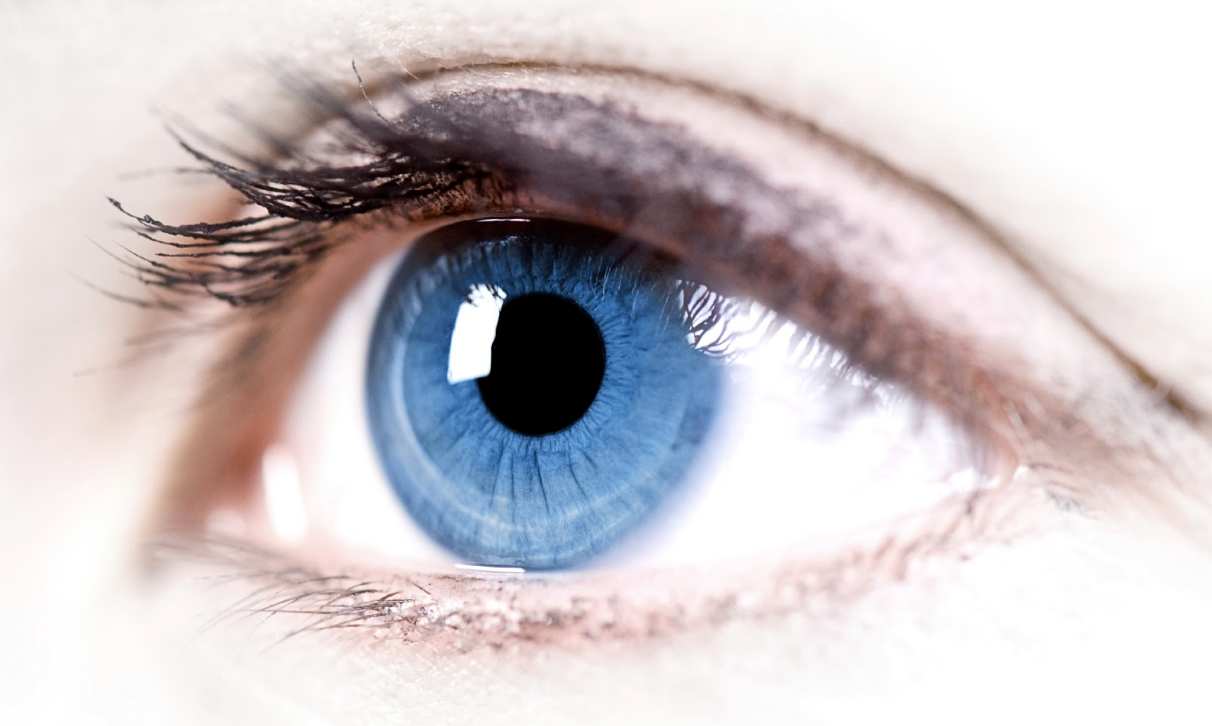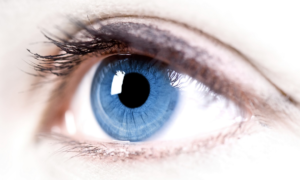
Diabetes and Your Eyes. What Every Diabetic Should Know!
For those of us whom have diabetes, friends that are diabetic or a family history of the disease it is important to know how the disease can affect our vision and eye health. To better understand diabetes in our eyes, first, we must know what is diabetes? Diabetes is a chronic condition that results in too much sugar in the blood. This high blood glucose level over time will weaken and cause changes in the small blood vessels inside your eyes that nourish your retina. These changes cause blood to leak out of the retinal blood vessels; this bleeding can seriously affect your vision, when this occurs, you are then diagnosed with Diabetic Retinopathy. If left untreated Diabetic Retinopathy can cause blindness. Early diagnosis and treatment is an essential key to prevent loss of vision due to Diabetic Retinopathy.
So, how does your eye doctor detect Diabetic Retinopathy? Your optometrist gets to know you, your family history and your personal vision needs through a comprehensive eye examination. It is important to have an annual dilation done by a doctor of optometry if you are a diabetic or have a family history of the medical condition. During this annual in-depth exam, you doctor uses a tool called an ophthalmoscope to look inside your eye through the dilated pupil. This allows your doctor to light up and magnify the inside of the eye. Also, retinal imaging or photographs may be obtained to document and gather even more information about your eye.
What should you look for as a diabetic patient? Beginning stages of Diabetic retinopathy may appear as blurry central or peripheral vision, whereas, you may not notice any symptoms at all. These changes in vision depend on where the bleeding is taking place in your eye. As this ocular disease progresses, you may notice a cloudiness in your vision, blind spots and floaters. Each stage of this disease causes more damage to your eye and the visual symptoms worsen as well. You may experience addition distortion in all ranges of vision and can progress into blindness. When needed there are treatments available that can slow down the progression of diabetic retinopathy. Your eye doctor can recommend a retina specialist for this level of treatment.
As a diabetic patient, the best thing you can do is take steps in your daily living to help prevent the development of Diabetic Retinopathy. By doing so, you are improving your chances to enjoy a lifetime of good vision and health.
Simple Steps for Diabetic Retinopathy Prevention:
- Take your prescribed medication as instructed
- Follow a proper diet
- Exercise regularly
- Have a Comprehensive Dilated Eye Exam done annually
